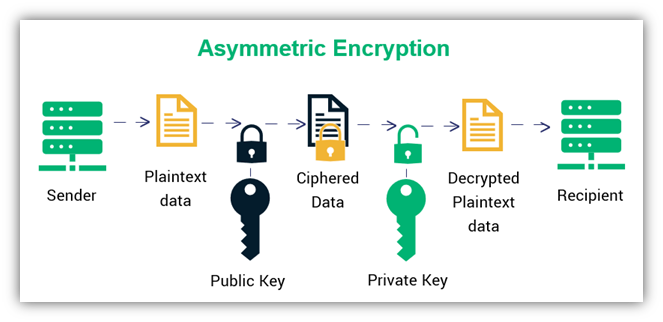A private PKI is a PKI that is not publicly trusted. It has its trust limited to the organization or a group of organizations sharing a common purpose or goal.

Authentication
To ensure the authenticity of an individual, application or device

Confidentiality
Ensuring that information can be kept private

Integrity
That information cannot be manipulated without this being obvious to the recipient

Non-Repudiation
The creator or sender cannot disown the information or claim they did not create or send the information
Why limit TRUST?
It’s all about maintaining CONTROL

Physical Controls
There are many physical controls place on a PKI’s operations. Often the service is physically segregated from other services and systems. It is also operated out of separate physical zones. Cogito for instance uses Remote Management Centers (RMCs) as the only locations outside of the Cogito Datacenters where our core PKI components can be administered from.

Personnel Controls
Many high security PKIs will have two-person control on PKI components and restrict the administration of the service to what are known as no-lone-zones. No-lone-zones are dedicated areas where more than one person must be present to operate a capability. Operating with a primary operator and a secondary operator acting as a witness is a core tenant of a secure PKI, as it ensures no one person can modify the system or service without at least one other person knowing about this modification.

Logical Controls
Many high security PKIs adapt a Zero Trust architecture. In a zero-trust architecture nothing gets automatic trust. Every service, application, device and user must prove itself to everything it connects to. Cogito has embraced a zero-trust architecture even at a software subcomponent level.
Personnel Controls
Offline CA
Non-exportable private keys
Algorithm type and size

It is all about managing certificates and protecting the private keys, the basis of trust
This involves physical and specialised security measures to generate and store the private keys:
-
- Scripted and paper documented key ceremonies
- Two-person controls
- Secure handling of keys
- Hardware storage modules (HSMs
This is not hard to do in theory, however most organisations struggle to implement and maintain the fundamentals of a trustworthy PKI.
This is why Cogito Group provides PKIaaS…

